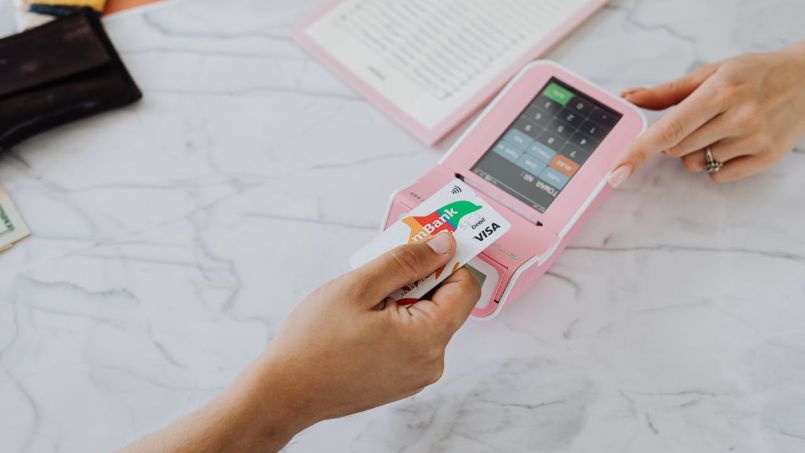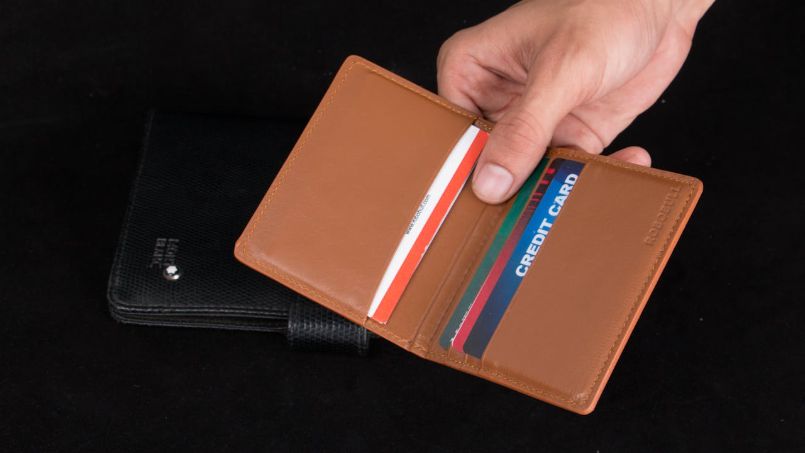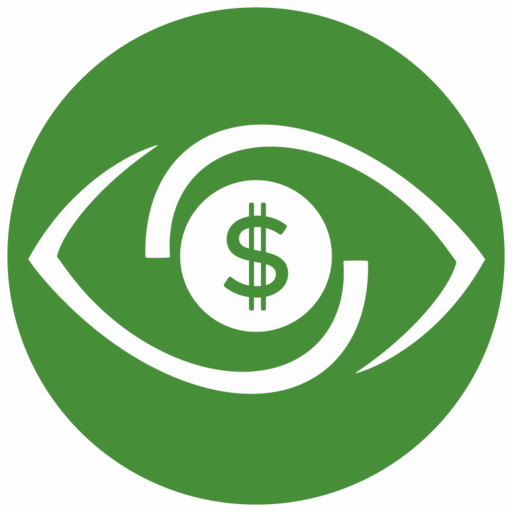Credit cards can be a convenient financial tool, but it’s crucial to use them wisely. Mismanaging your credit card can lead to a cycle of debt, stress, and financial instability. Recognizing the signs that you’re using your credit card incorrectly can help you make adjustments and get back on track.
1) Carrying a Balance Month-to-Month

Carrying a balance on your credit card from one month to the next can quickly escalate into overwhelming debt due to high-interest rates. By not paying off your balance in full, you may end up paying significantly more than your original purchases were worth. It’s essential to aim to clear your balance each month to avoid unnecessary interest charges and maintain financial health.
Consider creating a budget to manage your spending and prioritize paying off your credit card balance. If you’re struggling to keep up, you might find helpful tips in this Yahoo Finance article on managing credit card use.
2) Ignoring Your Credit Card Statements

Ignoring your credit card statements can lead to missed payments and financial mishaps. Reviewing your statements regularly helps you keep track of your spending, identify any unauthorized transactions, and ensure you’re not being overcharged. It’s crucial to stay informed about your financial activity to maintain control over your credit card use.
By setting aside time each month to review your statements, you can also spot any mistakes and address them promptly. For more insights on avoiding financial pitfalls, check out this informative guide.
3) Maxing Out Your Credit Limit

Maxing out your credit limit can negatively impact your credit score and signal to lenders that you are over-reliant on credit. A high credit utilization ratio—how much credit you’re using compared to your limit—can lower your credit score and make it harder to get loans in the future. Ideally, you should aim to use no more than 30% of your available credit.
To prevent maxing out your cards, consider tracking your spending and setting usage alerts. Learn more about the risks of excessive credit card use in this detailed study.
4) Making Only Minimum Payments

Making only the minimum payments on your credit card can trap you in a cycle of debt. While it might seem manageable in the short term, paying just the minimum means you’re mostly covering interest charges and making little progress toward reducing your principal balance.
To break this cycle, try to pay more than the minimum amount each month. This strategy can help you reduce your debt faster and save on interest. For additional strategies, consider exploring expert advice in online financial resources.
5) Overlooking Reward Opportunities

Many credit cards offer rewards such as cash back, travel points, or discounts, which can provide significant value if used wisely. By overlooking these opportunities, you might miss out on savings and benefits that could enhance your financial well-being.
Take the time to understand your card’s rewards program and align your spending habits to maximize benefits. For a deeper dive into optimizing credit card rewards, this Komando guide can be an excellent resource.
6) Applying for Too Many Cards at Once

Applying for multiple credit cards in a short period can have a negative impact on your credit score. Each application can result in a hard inquiry on your credit report, which may lower your score and signal to lenders that you are seeking excessive credit.
Instead of applying for numerous cards, focus on selecting one or two that best fit your needs and offer favorable terms. To understand the effects of multiple credit inquiries, check out this comprehensive analysis.








Leave a Reply